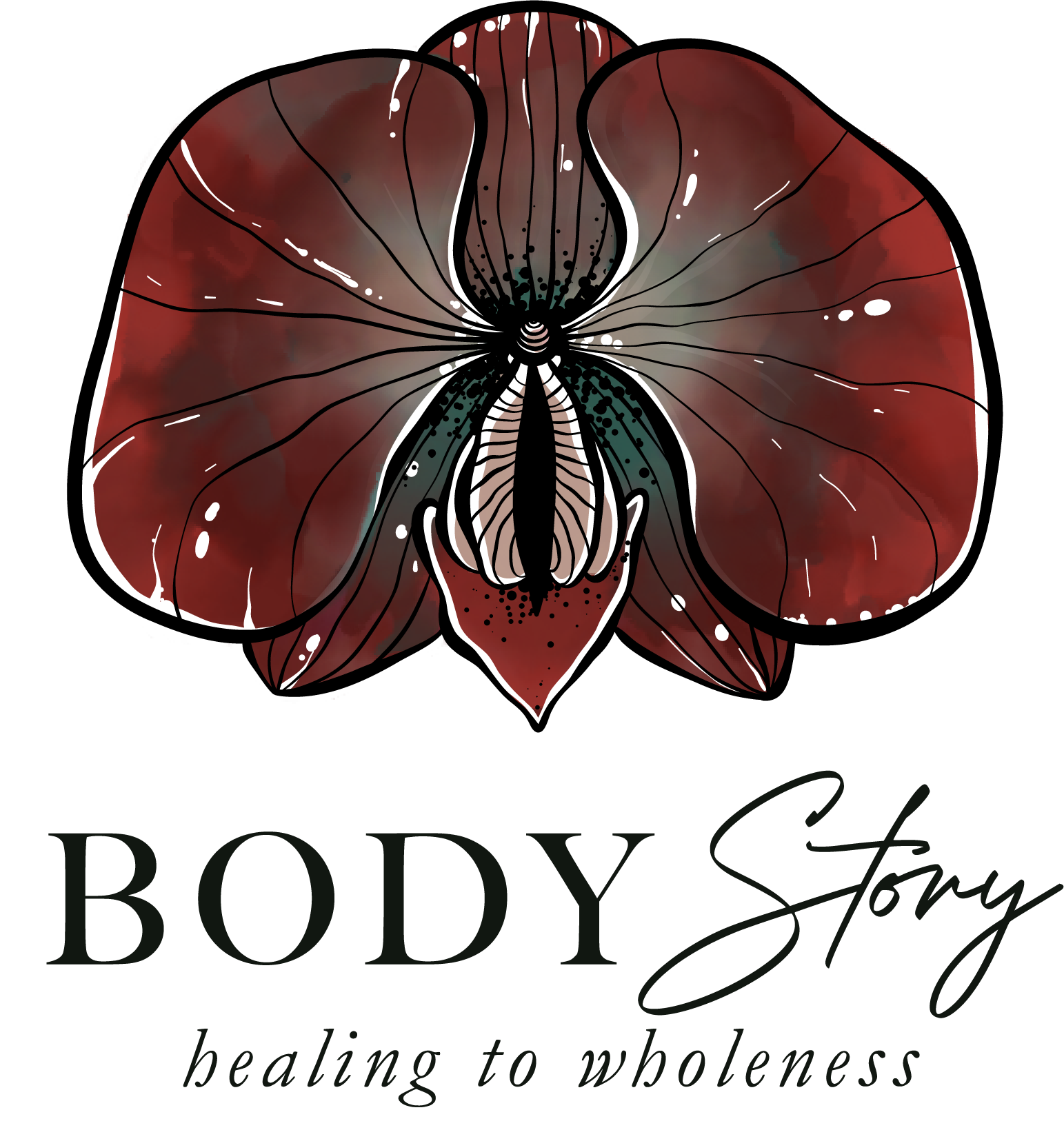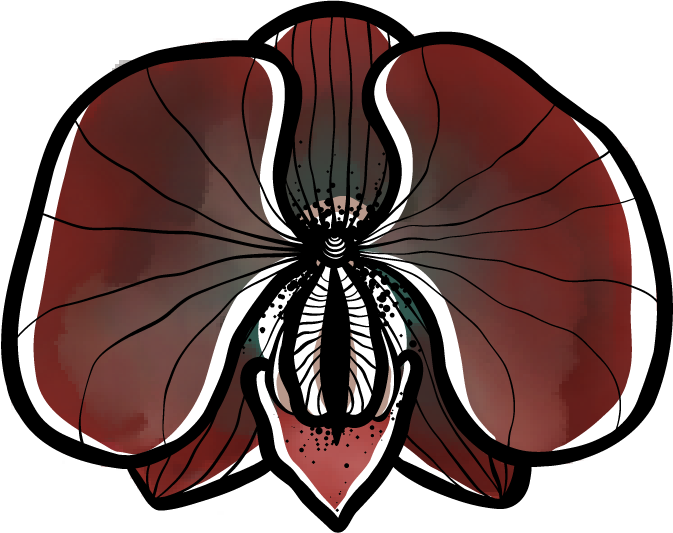(listen to the audio version)
When should you take a risk? Your body will tell you.
I once applied for a job that asked me to take a personality quiz. Not realizing that the quiz had somehow pegged me as highly risk-averse, I was confused when I was hit with a slew of interview questions about how I deal with my paralyzing fear of risk.
Especially confused because the very reason I was looking for a job was because I had just moved to a new city with no job and no place to live – for the third time in 10 years.
Even though the quiz had missed the mark, they hired me. But the process made me realize that, if anything, my problem is that I adore risk. Another problem: I’m also very good at it. My skills in walking up to the edge of a cliff and breathing through the anxiety and terror that wait for me there are legendary.
But I’ve also learned that all risky behavior comes with a cost. The key to knowing what is a wise risk and what is a foolish step is found in developing a relationship with the oracle that is your body.
Risky Business
Here’s the deal with risk – it’s what goes into 99% of being alive.
If you want to be part of the 1% – that mythical creature who has a predictable and comfortable life – then stay home. Close your doors and windows and never answer a phone call. Never let the sun kiss your bare skin as you skinny dip in a river or feel the heat on your legs from a motorcycle’s engine. And by all means, don’t have a relationship, because that would disrupt everything you’ve worked so hard to protect.
If that predictable and comfortable life is for you, then do it without apologies. But if you want a legendary kind of life, the kind that leaves you with all sorts of stories to tell, then find your guts and walk out the door.
Good Guts
Having guts is exactly what we need for wise risk-taking, because our guts have a lot to say about how we should live our lives.
That’s not to say that they always speak clearly. Sometimes our guts cramp up and shut down in the face of a big risk, but that may not mean that we need to pull back. Often that gut response can be an acknowledgement that we stand to lose something we care about.
And thank goddess for that – we should have a certain degree of awe as we peer over the edge of a cliff and imagine letting go of relationships, children, careers, homes, or old ways of being.
But the true guts we need when facing down a risk are the kind that remind us that all the things we think we will lose have never belonged to us. They belong to Life, and Life will come to take them back one day, leaving us naked and cold and forced to figure out how to make a new reality work. Just like we did the last time.
But let this soothe you as you stare across the abyss wondering if it’s worth it – nothing that is inherently yours will ever be lost.
The Gifts of Risk
So jump, but jump wisely. Jump when you are strapped to the parachute of intuition, not the cement block of impulsivity.
But before we shun impulsivity as a villain, let’s acknowledge what it really is – a rudimentary form of intuition.
Because there’s a gift to impulsivity that every child knows – it blinds us to the danger signs that would otherwise prevent us from taking big leaps that result in big growth. Impulsivity allows us to jump at a yes when it appears and shut it all down the second a no arises. Without it, we would likely settle for that predictable and comfortable life from day one, and lose sight of our potential for the greatness that comes from doing exactly what we want when we want it.
Grow Up
But impulsivity has to grow up or else it will take us down. That’s where intuition walks in, dressed up like the cool aunt that impulsivity hopes it will be one day.
If impulsivity is when you jump and hope you have wings, intuition is when you jump because you know that six weeks on bedrest with a broken leg will bring the humility needed to unfurl the wings you know are there.
If impulsivity is shoot, then aim, intuition is a quiet gaze at the target for as long as it takes to know if it’s worth even raising your weapon.
Intuitive knowingness can come slowly. Or – just like impulsivity – it can appear in a flash. But you’ll know the difference when you hold off on taking action – for a minute, for a year, as long as it takes. The voice of your intuition lingers long after the tongues of impulsive fire have gone out.
And that’s how you tell the difference between the kind of risk-taking that is unable to listen and the kind that leaves you shinier and sharper than you were going in.
Impulsive/Intuitive
But here’s the thing – the best time to practice tuning into your intuition is not when you really need it.
So when you’re in relatively calm seas, take small risks to find out what your yeses and nos feel like and test the results. Practice discerning between impulsivity and intuition in low-risk ways – by choosing a new laundry detergent or what kind of rice to cook – feeling into the options until your body begins to speak to you. Notice patterns of relaxation or tension, ease or discomfort, crouching or standing tall. Then, take note of the outcomes of your choices, replacing the need to be right with the desire to explore.
Then when you are facing a big risk, you can turn toward your honed intuition. And it will turn to you, speaking through your body, telling you to go left, turn right, or stay completely still. It will be the type of gut reaction you can actually trust.
And if you screw up on something big? Remember that you can’t fail if you see every experience as an opportunity for growth and self-understanding.
So jump. See where you land. Then brush yourself off and tend to your wounds – because these are the price you’ll pay for a less-than-boring life.
But every little scrape is worth it if it brings you closer to home.





